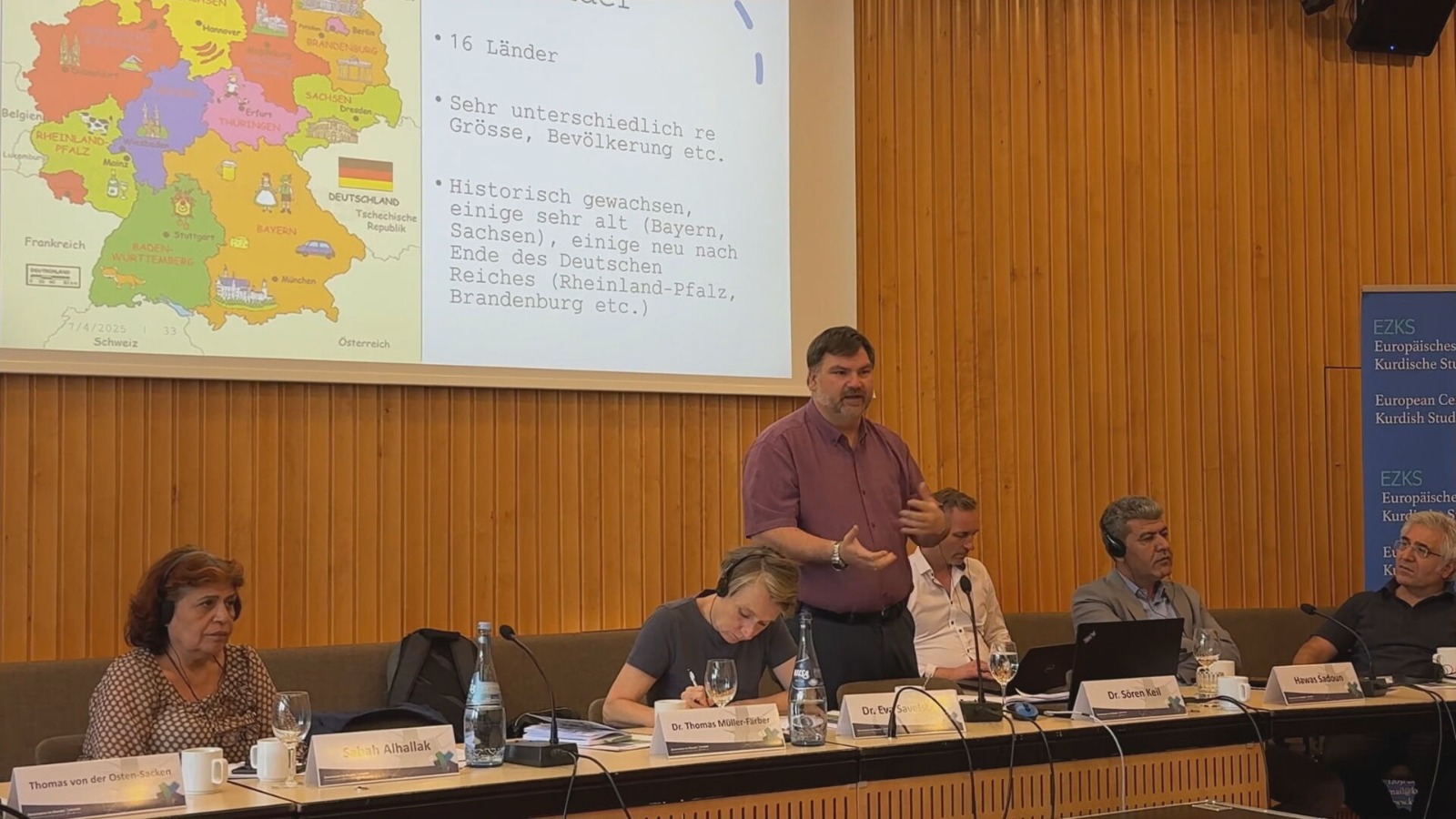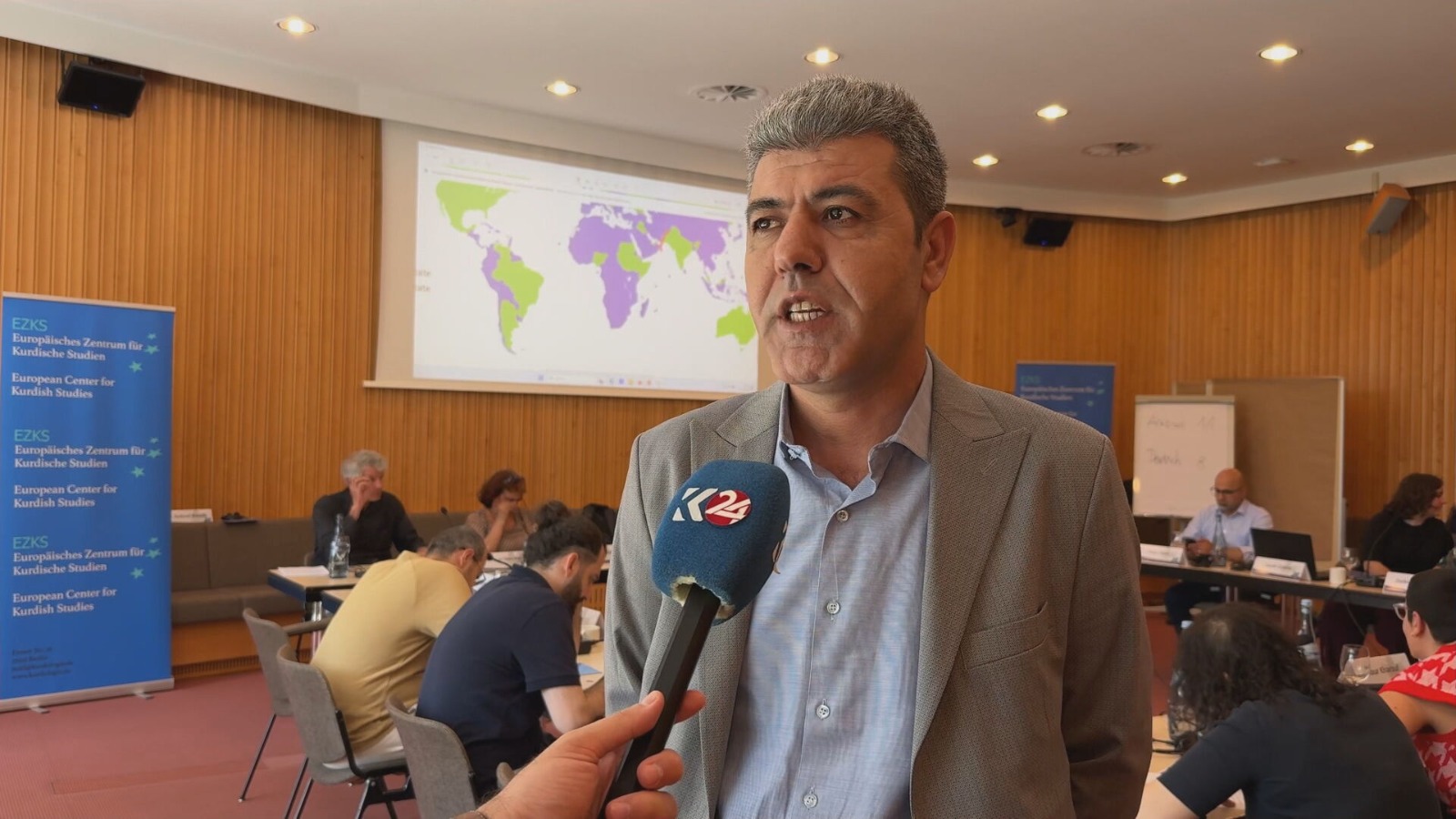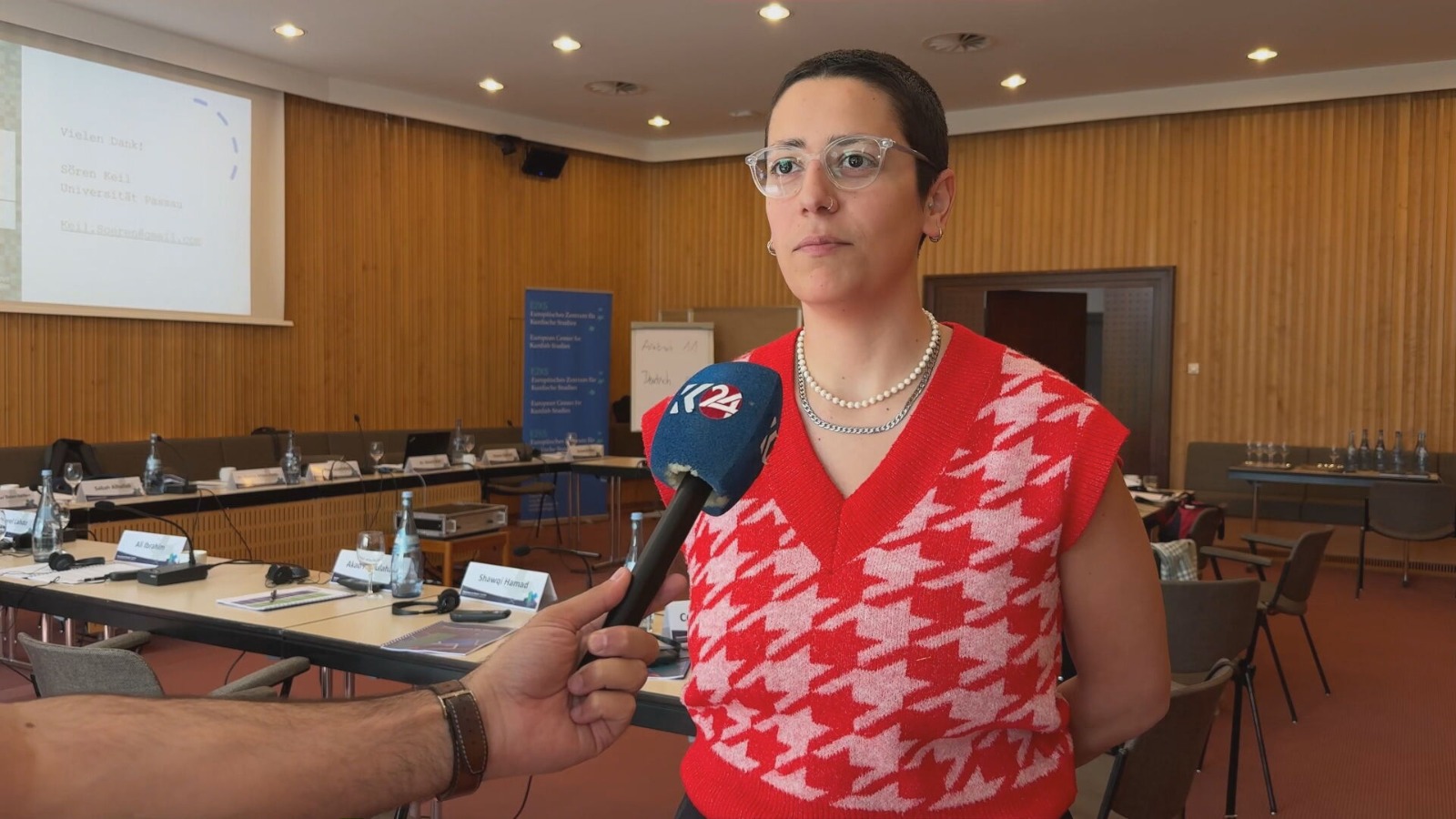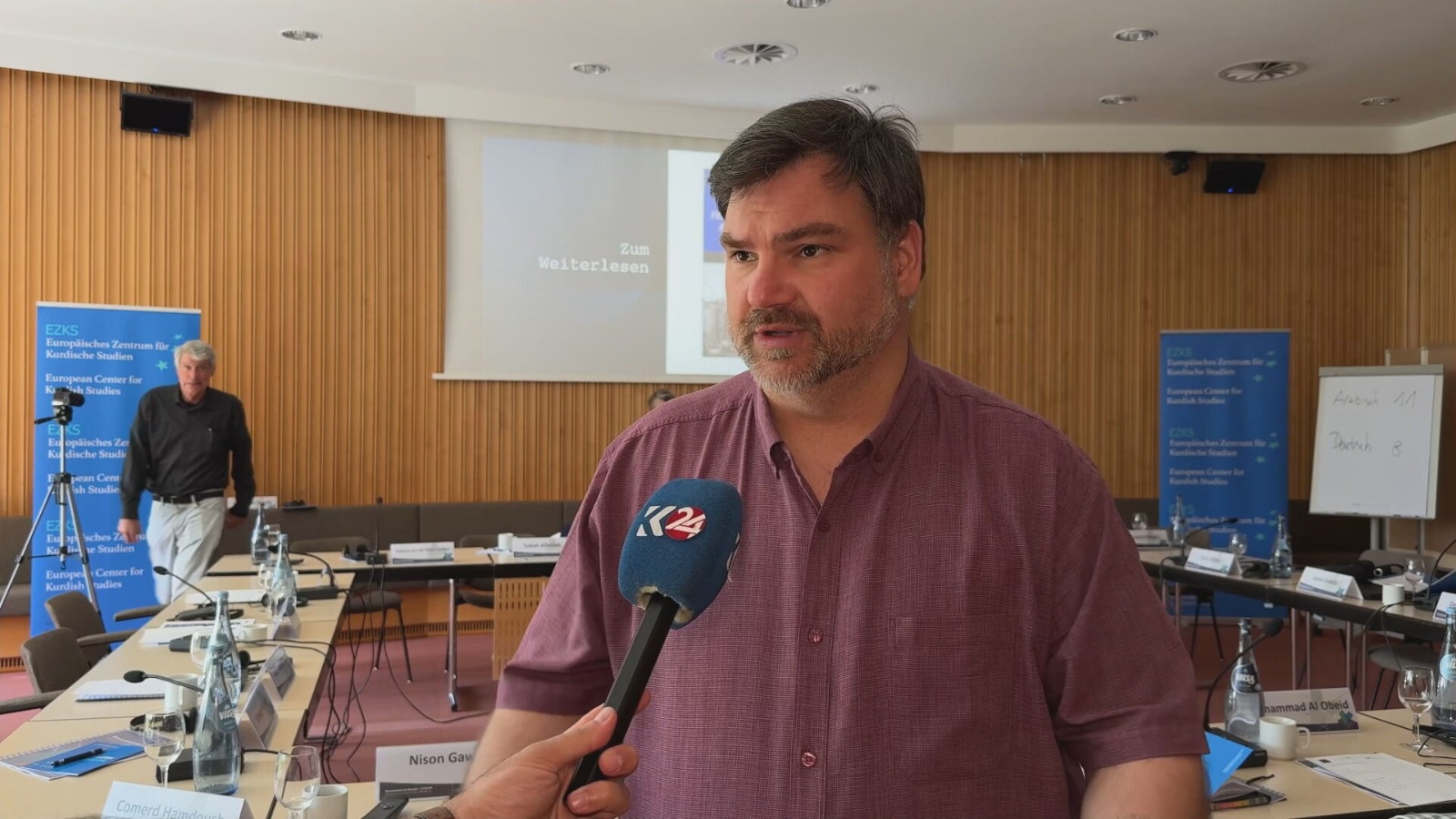Young Syrians in Germany Debate Federalism as a Model for Post-War Syria
Syrian youth in Germany explore federalism as post-war model, drawing from global examples. Experts & activists debate decentralized governance to manage diversity, ensure rights, and rebuild a unified Syria.

By Ahora Qadi
Erbil (Kurdistan24) – In the German city of Hanover, a group of Syrian youths gathered for a policy dialogue workshop to discuss federalism as a constitutional and political model for the future of Syria. Organized by the European Center for Kurdish Studies and supported by the German Foreign Ministry, the event brought together participants from diverse ethnic, national, and religious backgrounds.
The forum focused on examining successful international experiences with federal systems and how these could inspire democratic reconstruction in Syria—particularly after years of civil war, political fragmentation, and deep societal divisions.
Hawas Saadoun, a leading figure in the Kurdish Reform Movement in Syria, told Kurdistan24: “Decades of dictatorship in Syria have stripped communities of their genuine roles. Today, we have the opportunity to listen to the new generation, which offers a fresh perspective. We are discussing a journey that began in 2016 and continues to this day, aiming to benefit from the principles and ideas raised in previous dialogues.”

Federalism as a tool for coexistence
Natalie Badnian, a young Syrian-Armenian participant living in Germany, emphasized the importance of comparative study: “We explored the idea of adopting federalism as a system of governance for Syria and reviewed models from countries like Canada, Germany, and other European nations. Some Syrian provinces could be managed federatively, and such a model could foster peaceful coexistence and justice.”

Academic insights on federal solutions for diversity
Dr. Suren Keil, a professor at the University of Passau and an expert on federal systems, provided an academic intervention during the discussion. He argued that federalism could offer Syria a viable framework for managing its ethnoreligious mosaic.
“In countries like Germany and Switzerland, federalism has been instrumental in managing diversity,” Keil said. “Syria includes various communities—Kurds in the north, Druze in the south, Alawites on the coast. A federal system would allow each group to manage its affairs while preserving cultural and linguistic identity within a unified state.”

Breaking political stagnation, envisioning a democratic Syria
The event saw the participation of dozens of young Syrian men and women, who collectively expressed a desire to move beyond the centralist structures that have historically bred authoritarianism. The discussion aimed to break the political deadlock and introduce bold ideas for rebuilding Syria’s future.
While a few attendees voiced concerns about the risk of fragmentation, the overwhelming consensus underscored the urgent need to move past war and division, and to construct a new democratic framework that ensures justice and equality for all Syrians.
Kurdistan24 corresponded in Germany contributed to this report
